Take the first step towards clearer skin today with Online Chemist’s acne treatment services. Our team of qualified clinicians can help you find the right treatment for your individual needs, all from the comfort of your own home. Say goodbye to stubborn acne and hello to a more confident you. Try Online Chemist today!
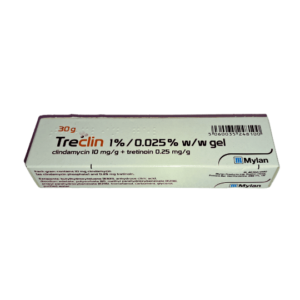
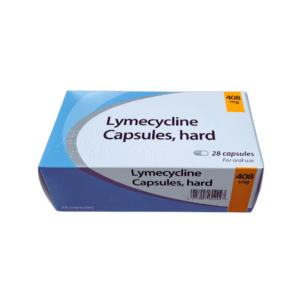
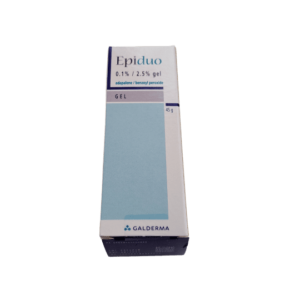
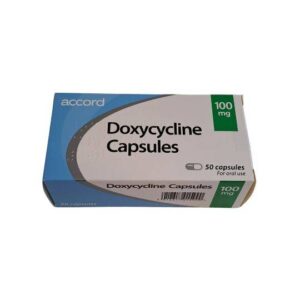
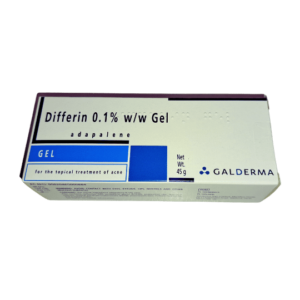
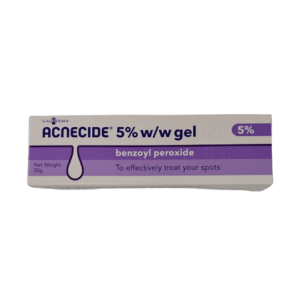
Acne is a common skin condition that occurs when hair follicles become clogged with oil, dead skin cells, and bacteria.
It typically appears as pimples, blackheads, and whiteheads, and can occur on the face, neck, chest, back, and shoulders.
Acne is a common skin condition in the UK and affects people of all ages and skin types. According to the British Skin Foundation, around 80% of people in the UK will experience acne at some point in their lives, with the condition being most common in teenagers and young adults.
Acne can also affect women more than men, with some studies suggesting that up to 80% of adult women may experience acne at some point in their lives.
Other factors that may increase the risk of developing acne in the UK include genetics, stress, and certain lifestyle factors such as diet and smoking.
Treatment options for acne include over-the-counter topical creams and gels, prescription medications, and lifestyle changes such as improving diet and reducing stress.
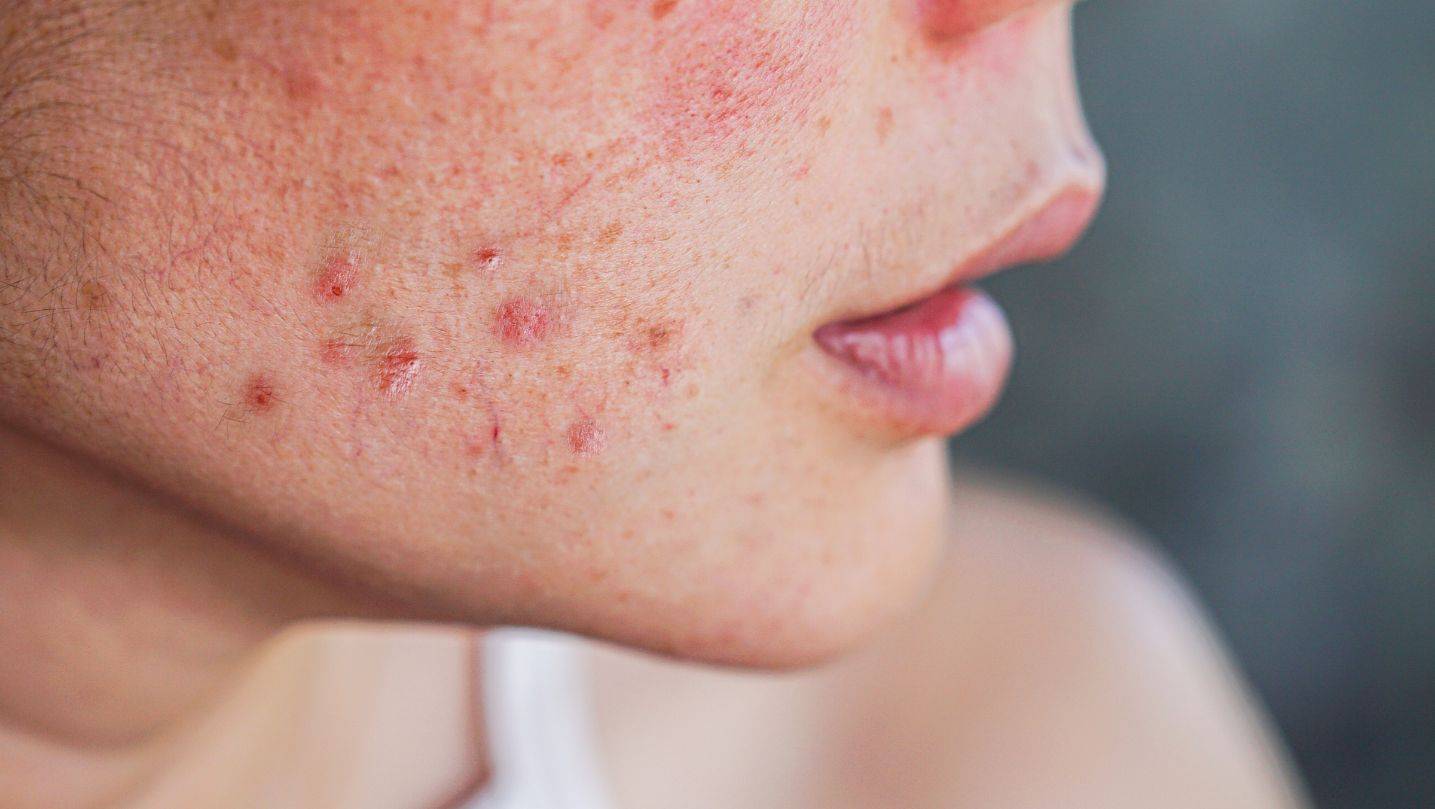
The six types of spots caused by acne are:
Blackheads: Small, flat spots that are black or dark brown in color. They occur when a hair follicle becomes clogged with oil and dead skin cells, and the contents of the follicle are exposed to air.
Whiteheads: Similar to blackheads, but the contents of the hair follicle are not exposed to air. Whiteheads are small, raised bumps with a white or flesh-colored appearance.
Papules: Small, raised bumps that are typically red or pink in color. They occur when the hair follicle becomes inflamed due to bacteria, excess oil, and dead skin cells.
Pustules: Similar to papules, but filled with pus. They are typically larger and more inflamed than papules and have a white or yellowish head.
Nodules: Large, painful bumps that form beneath the skin. They occur when the hair follicle becomes deeply inflamed, and can take weeks to heal.
Cysts: Deep, painful bumps that are filled with pus. Cysts are the most severe form of acne and can cause scarring if left untreated.
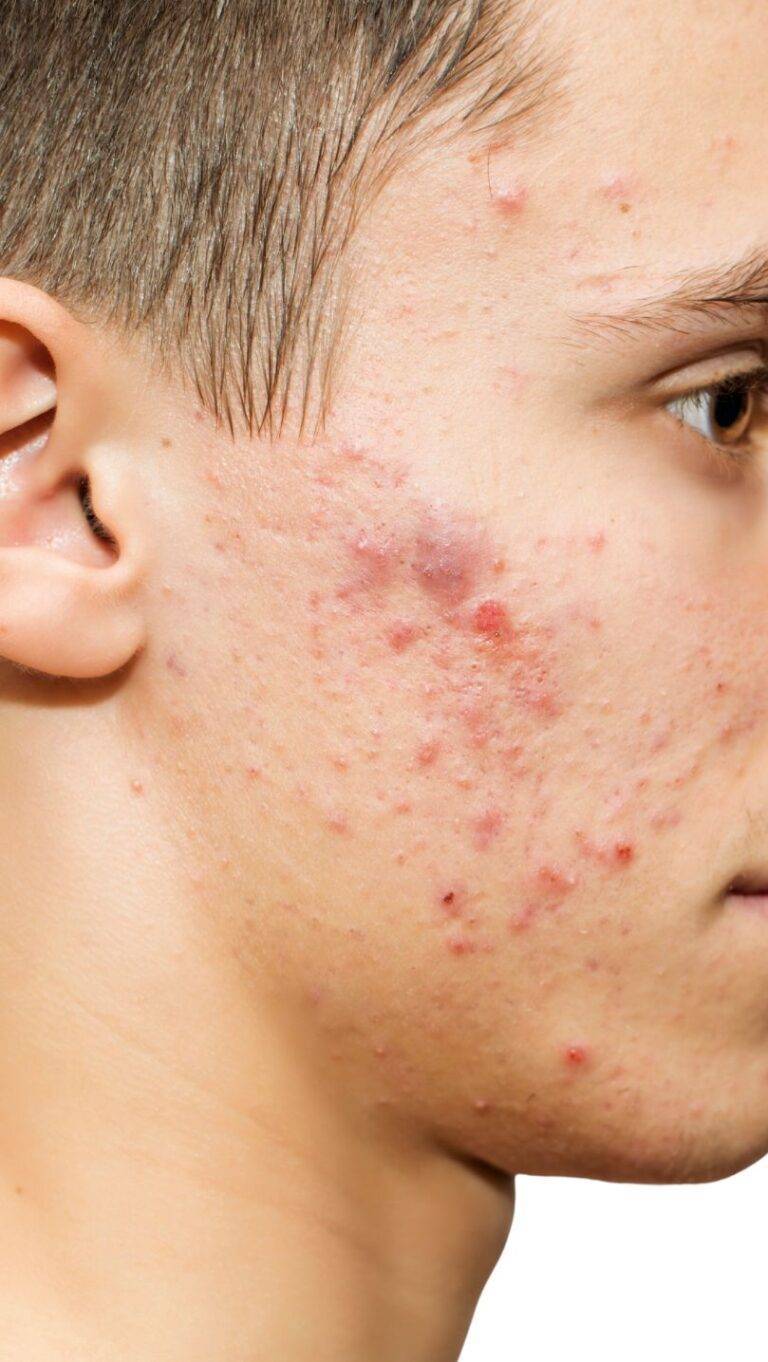
Acne is a complex skin condition that can be caused by a variety of factors. Some of the most common causes of acne include:
Hormonal changes: Fluctuations in hormones, such as those that occur during puberty, menstrual cycles, pregnancy, or menopause, can cause an increase in oil production, which can lead to acne.
Excess oil production: The sebaceous glands in your skin produce oil (sebum) to lubricate and protect your skin. However, when these glands produce too much oil, it can clog pores and lead to acne.
Bacteria: Certain types of bacteria, such as Propionibacterium acnes, can thrive in clogged pores and contribute to the development of acne.
Genetics: Acne can run in families, so if your parents or siblings have had acne, you may be more likely to develop it as well.
Medications: Some medications, such as corticosteroids, testosterone, or lithium, can contribute to the development of acne.
Lifestyle factors: Certain lifestyle factors, such as stress, diet, and exposure to certain chemicals or pollutants, can also contribute to the development of acne.
It’s important to remember that the exact cause of acne can vary from person to person, and may involve a combination of these factors. If you are experiencing persistent or severe acne, it’s a good idea to see a dermatologist for a proper diagnosis and treatment plan.
If you have acne, there are several things you can do to help manage your condition:
Keep your skin clean: Wash your face twice a day with a gentle, non-comedogenic cleanser to remove excess oil, dirt, and makeup.
Avoid picking or squeezing your acne: This can make the inflammation and redness worse, and can also lead to scarring.
Use over-the-counter acne treatments: Look for products that contain salicylic acid, benzoyl peroxide, or alpha hydroxy acids, which can help unclog pores and reduce inflammation.
See a dermatologist: If your acne is severe or not responding to over-the-counter treatments, a dermatologist can recommend prescription medications or other treatments, such as laser therapy or chemical peels.
Make lifestyle changes: Eating a healthy diet, managing stress, and getting enough sleep can also help improve your skin and reduce the frequency and severity of acne breakouts.
Remember, acne is a common and treatable condition. With the right care and treatment, you can help improve your skin and reduce the impact that acne has on your life.
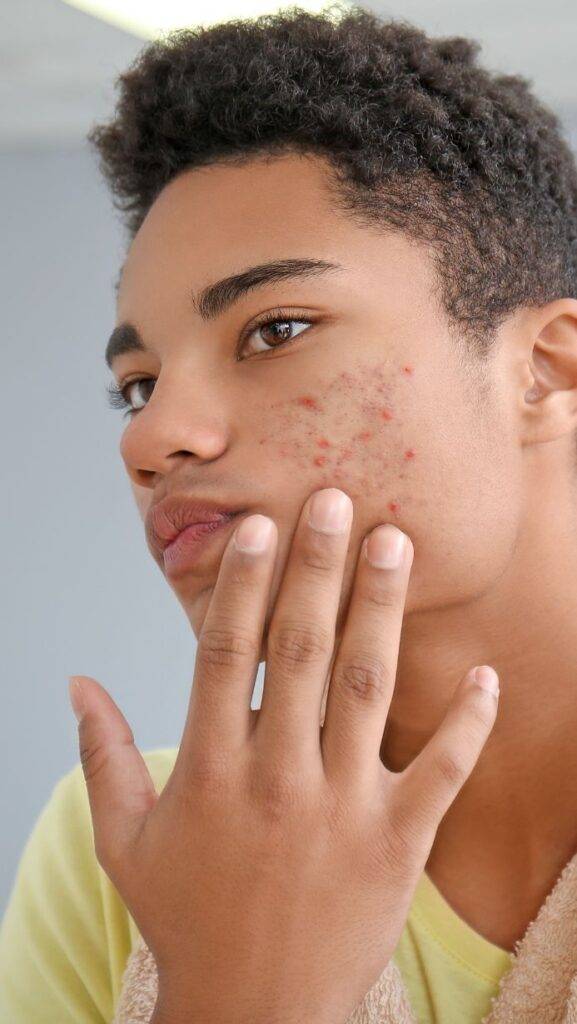
Acne is not caused by dirt or poor hygiene. Over-washing or scrubbing the skin too harshly can actually make acne worse by irritating and inflaming the skin.
While diet can play a role in acne development, there is no clear evidence that chocolate or greasy foods directly cause acne. However, some studies suggest that diets high in refined sugars, dairy, and saturated and trans fats may increase the risk of developing acne.
Acne can affect people of all ages, from babies to adults. While it is most common during puberty, hormonal changes throughout life can cause acne breakouts.
Tanning and sun exposure can temporarily improve the appearance of acne by drying out the skin and reducing inflammation. However, this can actually make acne worse in the long term by increasing the risk of skin damage and premature aging.
Picking, popping, or squeezing pimples can cause the acne to spread, leave scars, and lead to infection.
While stress can contribute to acne breakouts by causing hormonal changes, stress alone is not a direct cause of acne. It is one of many factors that can contribute to the development of acne.
Acne is not contagious and cannot be spread from person to person by touch or other means.
While acne is often seen as a cosmetic concern, it can also have a significant impact on a person’s mental health and quality of life. It can lead to low self-esteem, social withdrawal, and even depression. Seeking medical treatment for acne can help improve both the physical symptoms and the emotional impact of the condition.
It’s important to keep the skin moisturized, even if you have acne-prone skin. Look for non-comedogenic (non-pore-clogging) moisturizers that are suitable for your skin type.
The best acne treatment depends on the individual’s specific needs and the severity of their acne. Some effective treatment options include topical creams or gels containing benzoyl peroxide or retinoids, oral antibiotics, hormonal therapy for women, and isotretinoin for severe acne. It’s best to consult with a dermatologist or healthcare professional to determine the most appropriate treatment for you.
Some of the top acne treatments include topical retinoids like tretinoin or adapalene, benzoyl peroxide, and oral antibiotics like doxycycline or minocycline. However, the best treatment for acne varies depending on the individual and their specific needs, so it’s important to consult with a healthcare professional for personalized treatment recommendations.
The seven types of acne include blackheads, whiteheads, papules, pustules, nodules, cysts, and acne conglobata. Each type of acne can range in severity and may require different treatment options.
Blackheads: Small, flat spots that are black or dark brown in color. They occur when a hair follicle becomes clogged with oil and dead skin cells, and the contents of the follicle are exposed to air.
Whiteheads: Similar to blackheads, but the contents of the hair follicle are not exposed to air. Whiteheads are small, raised bumps with a white or flesh-colored appearance.
Papules: Small, raised bumps that are typically red or pink in color. They occur when the hair follicle becomes inflamed due to bacteria, excess oil, and dead skin cells.
Pustules: Similar to papules, but filled with pus. They are typically larger and more inflamed than papules and have a white or yellowish head.
Nodules: Large, painful bumps that form beneath the skin. They occur when the hair follicle becomes deeply inflamed, and can take weeks to heal.
Cysts: Deep, painful bumps that are filled with pus. Cysts are the most severe form of acne and can cause scarring if left untreated.
Acne conglobata: It is a severe form of acne that typically affects men in their late teens or early 20s. It is a rare type of acne that is characterized by deep, inflamed nodules and abscesses that are connected under the skin. The condition can cause scarring and may persist for many years.
While there is no known cure for acne, it can be effectively managed and treated with appropriate skincare, lifestyle changes, and medical interventions. Consistent and proper treatment can help prevent new breakouts and reduce the appearance of existing acne.
Bacterial acne is caused by bacteria that live on the skin and can infect hair follicles, while hormonal acne is typically associated with hormonal imbalances and occurs in response to fluctuations in hormones like testosterone and estrogen.
A healthcare professional or dermatologist can help diagnose the type of acne you have and recommend appropriate treatment options.
Stress can exacerbate acne, but it is not a direct cause. When the body experiences stress, it releases hormones like cortisol and adrenaline, which can trigger inflammation and acne breakouts.
Don’t simply rely on our claims, become part of the delighted community of thousands of customers who are experiencing the remarkable benefits!

Online Chemist
82 Middleton Road
Gorleston
Great Yarmouth
Norfolk, NR31 7AH
Phone: 01493 600610
Email: info@onlinechemistuk.net
Superintendent Pharmacist:
Obaidullah Zaman
BPharm, MPharm, PGDip (Pharmacy), MRPharmS, IP
GPhC Reg. Number: 2083409
Pharmacy Premises GPhC Reg. Number: 9011159
Monday 09:00 – 17:00
Tuesday 09:00 – 17:00
Wednesday 09:00 – 17:00
Thursday 09:00 – 17:00
Friday 09:00 – 17:00
Saturday Closed
Sunday Closed
Click here for driving directions
OnlineChemist is a trading name of Nomaz Limited.
Registered in England – 11349276.
© 2025 All rights reserved.